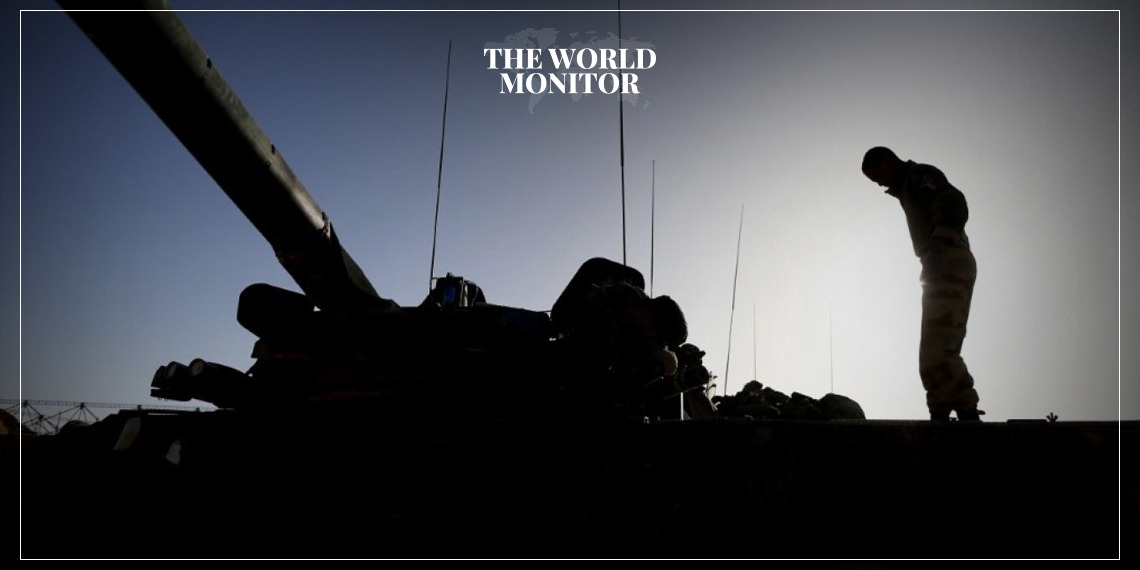Mali’s military and Tuareg rebels have reported a significant escalation in hostilities, with deadly clashes rocking the northern town of Bourem on Tuesday. This development underscores the troubling erosion of a fragile 2015 peace agreement.
The rebel alliance, known as the Coordination of Azawad Movements (CMA), has been locked in conflict with the Malian army since August. This surge in violence is partly attributed to the withdrawal of the United Nations peacekeeping mission, which had played a pivotal role in maintaining a precarious peace for years.
Tensions have further escalated as both sides vie for control over territories recently vacated by the departing U.N. forces. Bourem, situated just 90 kilometers (55 miles) north of the strategically significant city of Gao, has become a focal point in this intensifying conflict.
The general staff of the Malian armed forces reported that 10 of its combatants lost their lives while repelling an attack near Bourem on Tuesday. They also claimed to have eliminated 46 enemy combatants during the operation.
On the other hand, the CMA, in a statement released on Wednesday, disclosed that they had suffered nine casualties but asserted that approximately 97 Malian soldiers had been killed in their attacks. This group, composed of semi-nomadic Tuareg people, asserted that they had targeted four army positions around Bourem and successfully seized vehicles, weaponry, and ammunition.
Mohamed Elmaouloud Ramadane, a spokesperson for the CMA, earlier informed Reuters that the rebels had temporarily seized control of a military camp in Bourem before eventually withdrawing. He stated, “I confirm the CMA took control of the camp around 10 a.m. after very violent fighting.”
It’s important to note that Reuters could not independently verify the events or the exact casualty figures.
The general staff refrained from mentioning the camp or directly referring to the CMA but stated that the situation in Bourem was under control. The surviving rebels reportedly retreated northward, as confirmed in their late Tuesday statement.
The Tuareg community has long decried government neglect and has persistently sought autonomy for the desert region known as Azawad. In 2012, a Tuareg uprising was co-opted by Islamist groups, resulting in continued attacks on civilians and the Malian army.
In 2015, the CMA signed a peace agreement with the government and pro-government militias. However, tensions have resurfaced, particularly following military coups in 2020 and 2021 that consolidated power and the presence of the Russian military contractor Wagner Group, which led to the expulsion of French forces and U.N. peacekeepers.
Mali has faced persistent challenges in maintaining peace since 2015, with periodic clashes between northern armed groups and the army. Last year, a coalition of groups withdrew from peace talks, further exacerbating the fragile situation.
This surge in hostilities between the army and rebels raises concerns about the potential worsening of the Islamist insurgency in Mali, where factions affiliated with al Qaeda and the Islamic State have seized control over substantial territories.






